For many of us, it’s the visuals of a location that truly captivate our interest. While descriptions can be enticing, the striking image of azure waters against pristine white sand often fuels our vacation dreams. However, the reality only sometimes matches the brochure’s allure, leading to disappointment after investing hard-earned savings. Regrettably, deceitful advertising practices have tainted the travel industry’s reputation. “There is an issue when that competition is engaged in deceptive and misleading conduct, especially around advertising and the practice of encouraging positive reviews through incentives,” says Dennis Bunnik, CATO Chairman.
1. Deceptive Hotel Resort Fees

You will undoubtedly run into this if you book a Las Vegas hotel. Hotels like MGM Resorts International faced scrutiny for undisclosed resort fees, leading to lawsuits. The allure of a $ 40-night resort is appealing until you get there and reception asks for another $40 for the resort fee. Consumers alleged that these fees needed more transparency during the booking process.
2. Airline Seat Sales
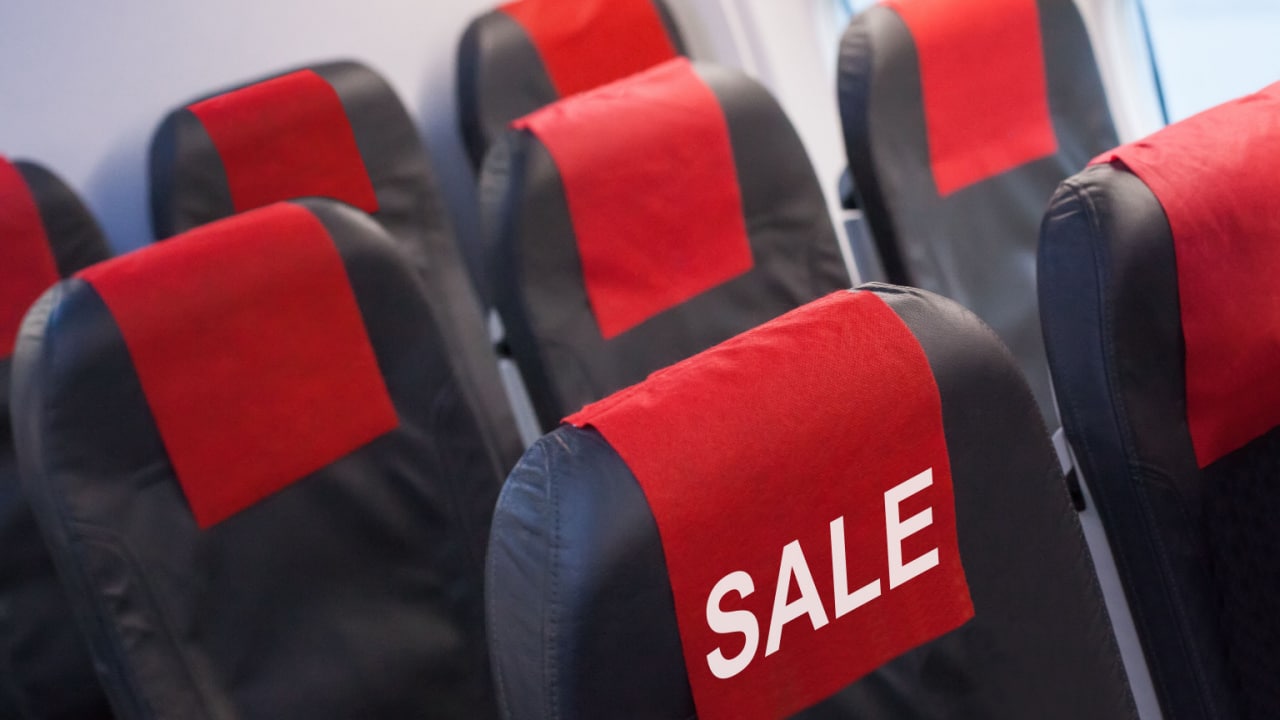
Many airlines, such as Ryanair, a European airline, have faced criticism for advertising low fares and adding extra charges for services like seat selection, baggage, and even printing boarding passes at the airport. They may promote it as being able to tailor your airfare, but in reality, you don’t have much choice but to add the extras.
3. Misleading Travel Packages

In 2009, Thomas Cook, a prominent U.K. travel company, faced backlash for advertising all-inclusive packages that omitted essential components like airport transfers, meals, or excursions, leading to unexpected travel costs.
4. Photoshopped Accommodations

Several instances have been reported where hotels in destinations like Mexico and the Caribbean used heavily edited or outdated photos to misrepresent their accommodations on booking platforms, resulting in disappointed guests upon arrival. Sites like Oyster have been set up to provide travelers with actual images from accommodation guests. You can also use TripAdvisor and check out the reviews.
5. Fake Reviews

TripAdvisor has taken action against businesses that were found to be posting fake reviews. For example, a hotel in Italy was fined for submitting fake reviews to boost its ratings and attract more customers. Businesses wanting fake reviews quickly often turn to content farms as their primary source. Look for typical grammatical and spelling mistakes in the reviews—this helps identify if they’re fake.
6. Hidden Terms and Conditions

Cruise lines like Norwegian Cruise Line have faced criticism for burying essential terms and conditions in fine print, including restrictive cancellation policies and fees that must be clearly disclosed to customers. In February of 2023, one customer lost $4657 because Norwegian Cruise unexpectedly canceled with no available refund because they said she overlooked a $112 transfer fee.
7. Overstated Attractions
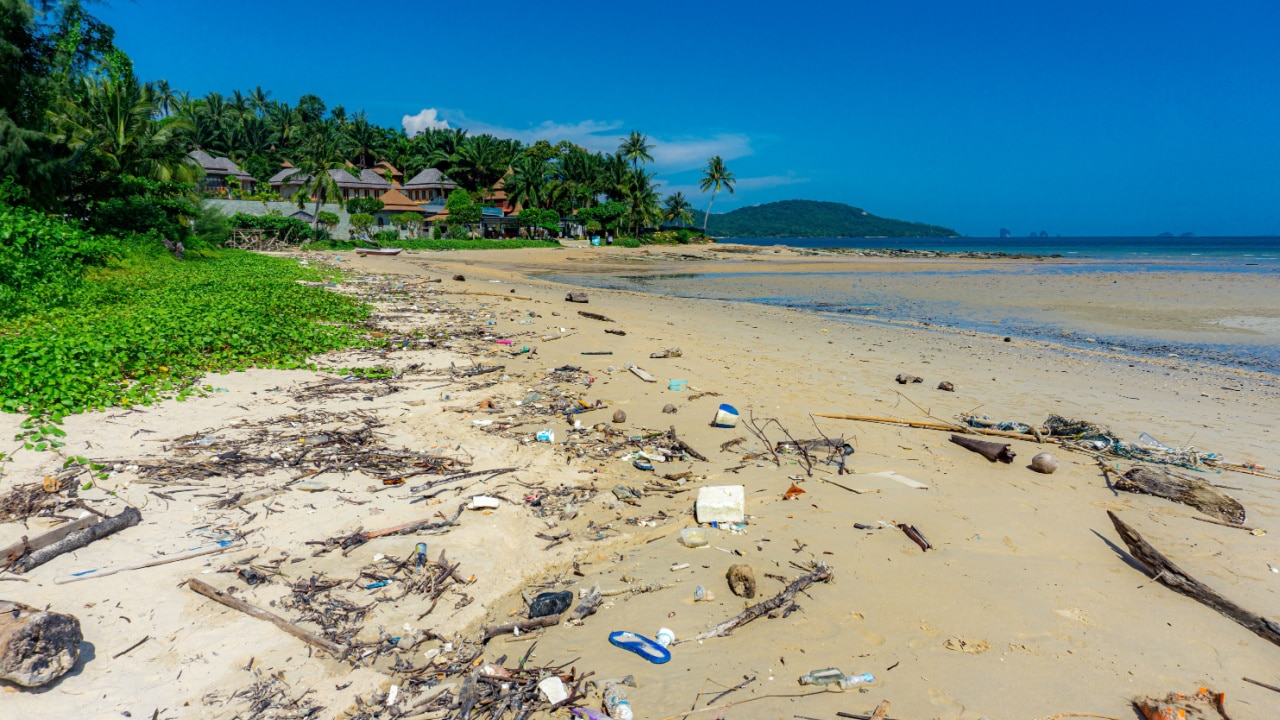
There have been instances where tourist attractions like theme parks or historical sites were heavily promoted but failed to meet visitors’ expectations due to misleading marketing or exaggerated descriptions. People have turned up to hotels claiming “fully equipped gyms,” for example, to find a room with a treadmill.
8. Unverified Eco-friendly Claims

Various hotels and resorts have been criticized for claiming to be eco-friendly without third-party certifications. This is also known as “greenwashing.” This basically means that a business will make itself seem like it’s doing something to help the planet, but it’s actually helping its own pockets. If you really care that your accommodation is eco-friendly, check their certifications.
9. Limited-Time Offers

Booking platforms like Expedia and Booking.com have been accused of creating false urgency by displaying “limited-time offers” that did not expire as advertised, misleading customers into making rushed decisions. This sounds a lot like those shady businesses that always claim to be having a closing down sale but have been in business for years.
10. Unreliable Price Comparisons
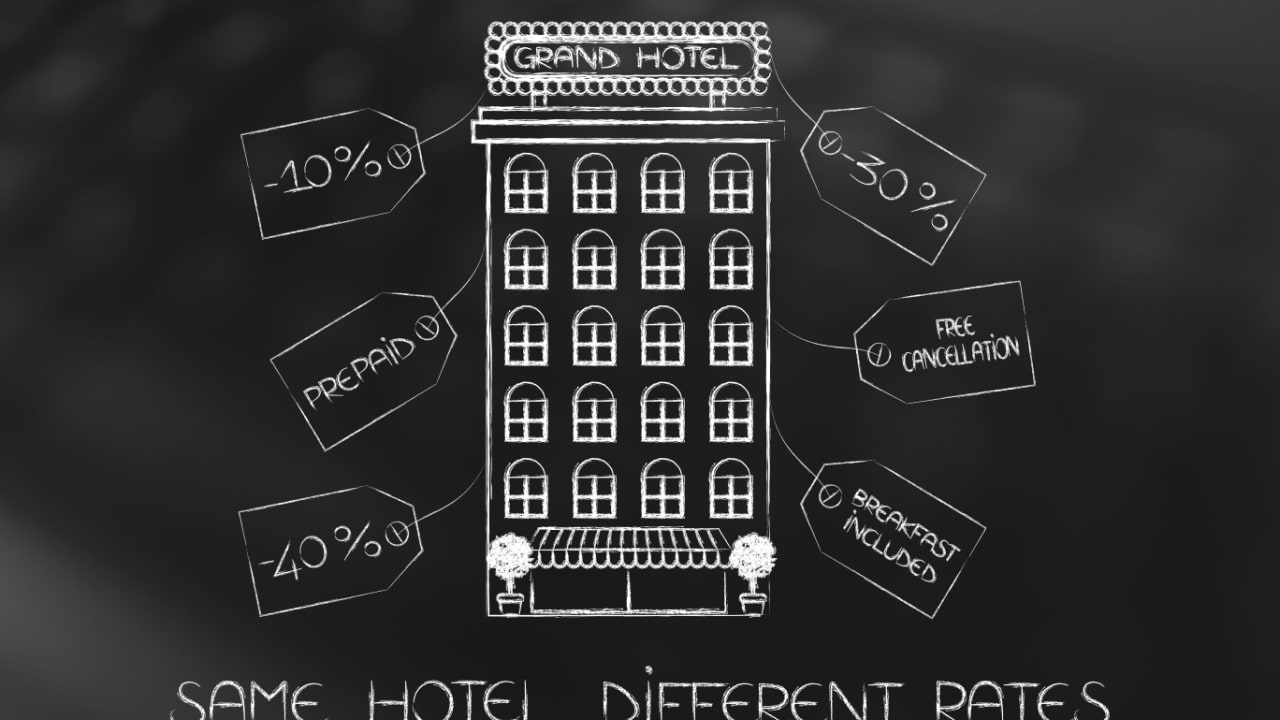
Some travel search engines or booking platforms have faced criticism for manipulating search results to favor certain partners or exclude competitors, leading consumers to believe they are getting the best deal when that may not be true. Check for excluded taxes as well.
11. Hidden Airfare Taxes and Fees
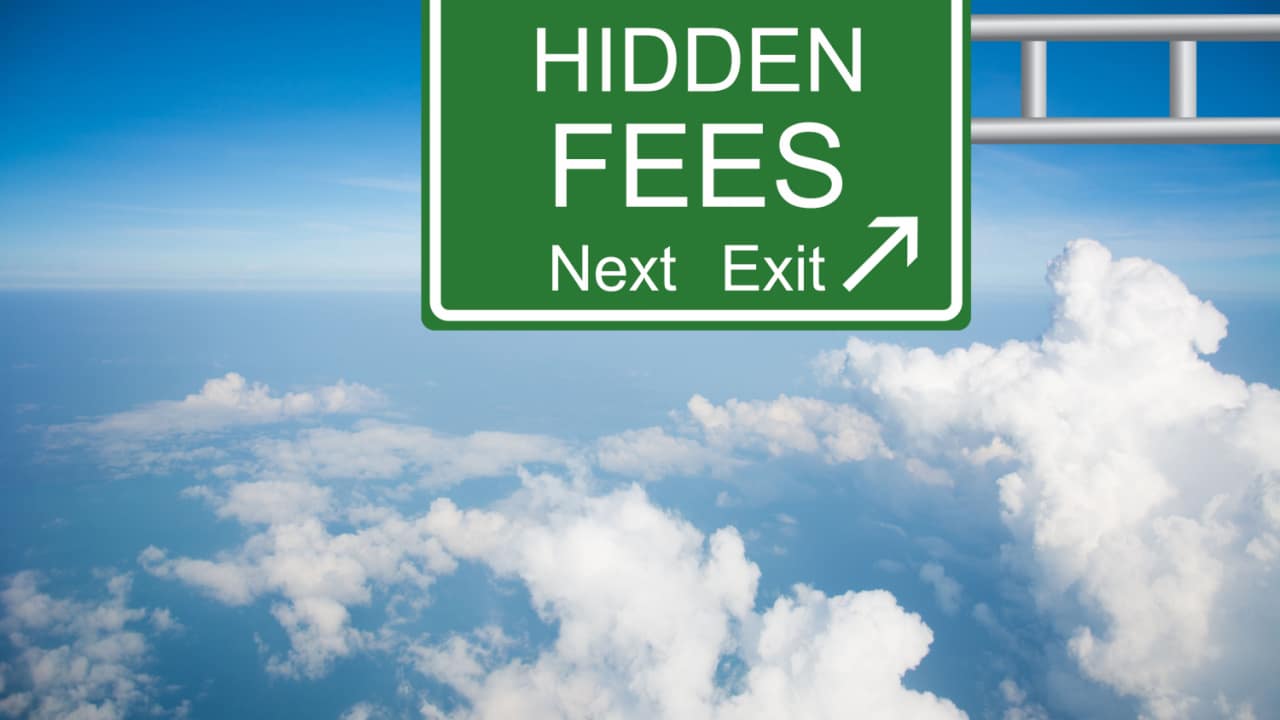
Airlines such as Spirit Airlines in the U.S. have been criticized for advertising extremely low base fares but adding substantial taxes, fees, and surcharges during the booking process, making the final ticket price much higher than initially advertised. If you get to the checkout and the fare is significantly higher than when you started, find another airline with cheaper all-inclusive fares.
12. Inflated Hotel Star Ratings

Some hotels have been known to self-promote or advertise inflated star ratings that don’t align with independent ratings or customer reviews. This discrepancy can mislead travelers into expecting a higher service or amenities than what is provided. This is especially true of sites like Hotwire that promise a heavily discounted “mystery” hotel room with a particular star rating. Customers pay for this in the hope of receiving an amazing surprise property for a lot less. This issue arises from the absence of standardized global star ratings.
13. Misleading Vacation Club Memberships
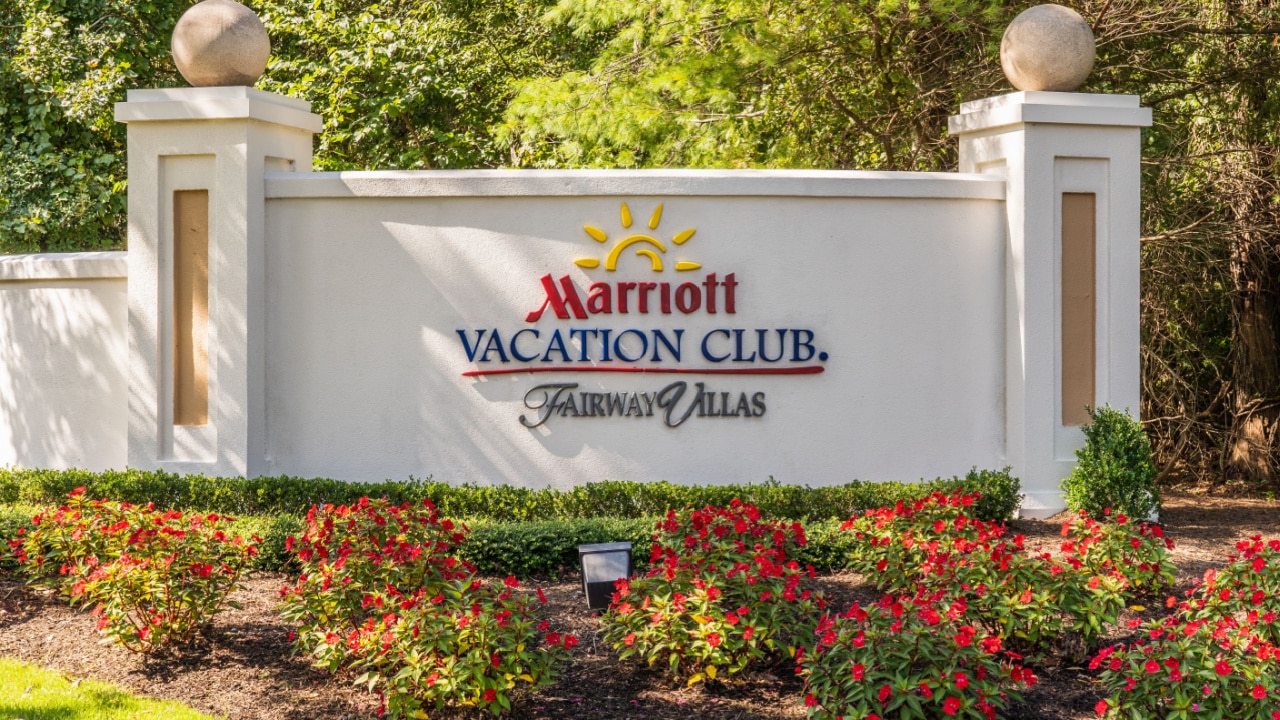
Misleading vacation club memberships often entice consumers with the promise of low-cost luxury travel, only to underdeliver. Members typically find themselves bound to long-term contracts with hefty fees, facing limited availability and mediocre accommodations. Unfortunately, travelers are left paying the contract and are still waiting to get something in return.
14. Hidden Cruise Ship Fees
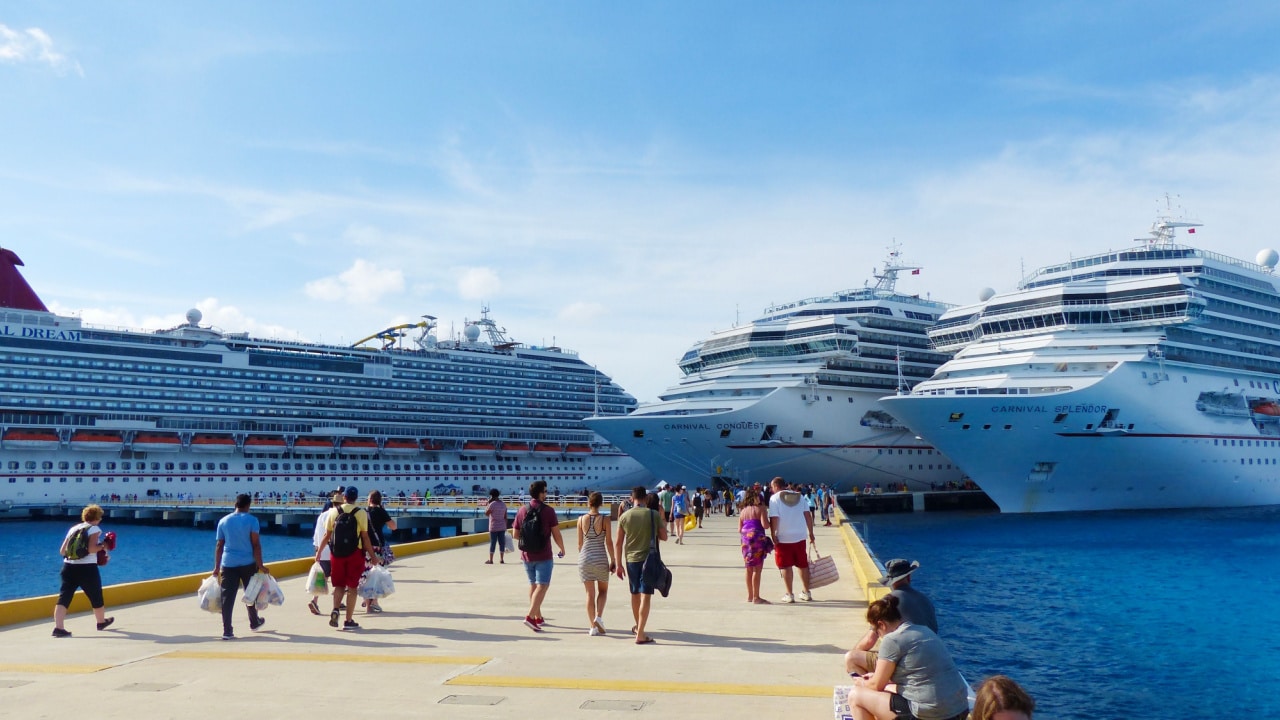
Cruise lines like Carnival Cruise Line have faced criticism for charging hidden fees for onboard services, activities, or amenities that were not disclosed upfront. These additional charges can significantly inflate the overall cost of a cruise vacation for unsuspecting travelers. For example, Carnival Cruise Line’s advertised $169 four-night Mexico cruises from Los Angeles cost 68% more than advertised, as this price excludes $114.20 in taxes, fees, and port charges, not included in the initial website price.
15. Unverified Safety Claims

Tour operators or adventure travel companies that claim to adhere to international safety standards or certifications without undergoing proper verification or audits. This misleading advertising can put travelers at risk by falsely conveying a higher level of safety or professionalism than what is actually maintained. For example, a tour bus from American Transportation Services, based in Long Beach, CA, crashed near the Grand Canyon with 56 passengers on board. It was found that the company had exceeded federal safety thresholds due to numerous safety violations—something their customers were not aware of.

Ree Winter, an Australian journalist now based in New Orleans, combines her love for solo travel with a sharp eye for great flight and accommodation deals. She eagerly shares her travel insights with her audience, drawing from her rich experiences. Ree holds a Master’s degree in Journalism and a Bachelor of Arts in Literature and History. Her fascination with history is evident in her stint as a tour guide at historic house museums, showcasing her knowledge of architectural history. Beyond journalism and history, Ree has a unique flair for coffee culture. As a barista, she’s operated a coffee van at various events and markets, showcasing her skill in coffee preparation.
